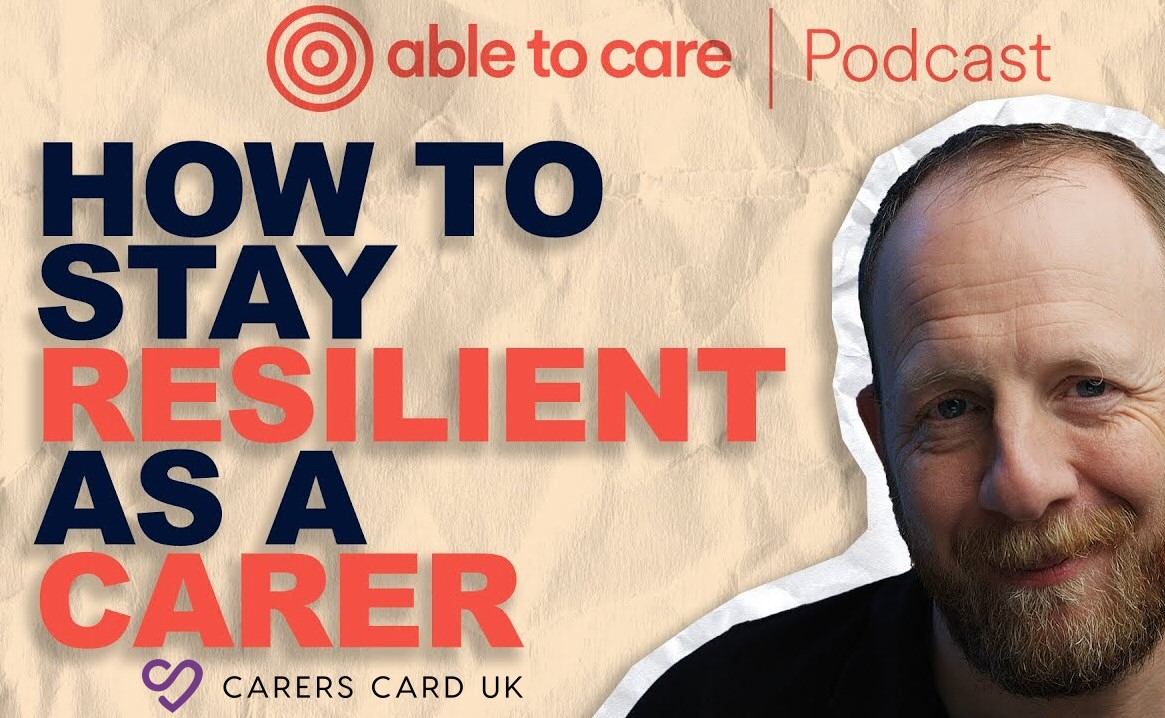What types of respite options are available for the person I care for?
There are several types of respite options available for the person you are caring for. Some of the most common include:
- 1. In-home respite: This type of respite care involves a trained professional coming to the person's home to provide care while you are away. This can be a good option if the person you are caring for is unable to leave their home, or if you prefer for them to stay in their familiar surroundings.
- 2. Adult day programs: Adult day programs provide a variety of activities and socialization opportunities for older adults and people with disabilities, while also providing respite for their carers. They are typically held in a community center or senior center and offer transportation, meals, and supervision.
- 3. Residential respite: This type of respite care involves the person you are caring for staying in a facility such as a nursing home, assisted living facility, or adult foster care home. This can be a good option if the person you are caring for needs more specialised care than can be provided in their home.
- 4. Short-term breaks: Some carers organizations offer short term breaks for the carers. They are usually in a holiday accommodation or similar and may offer activities, support and breaks for carers.
- 5. Community support and activities: Many communities offer support and activities for people with disabilities and older adults, such as recreational programs, support groups, and social clubs. These activities can provide a much-needed break for both you and the person you are caring for.
- 6. Virtual respite: With the advent of technology, virtual respite services are becoming increasingly popular. Virtual respite can include video calls, online support groups, and virtual activities to keep the person you are caring for engaged while you take a break.
It's important to consider the person's needs, preferences, and condition when choosing a respite option. It's also important to research and compare different options before making a decision.







